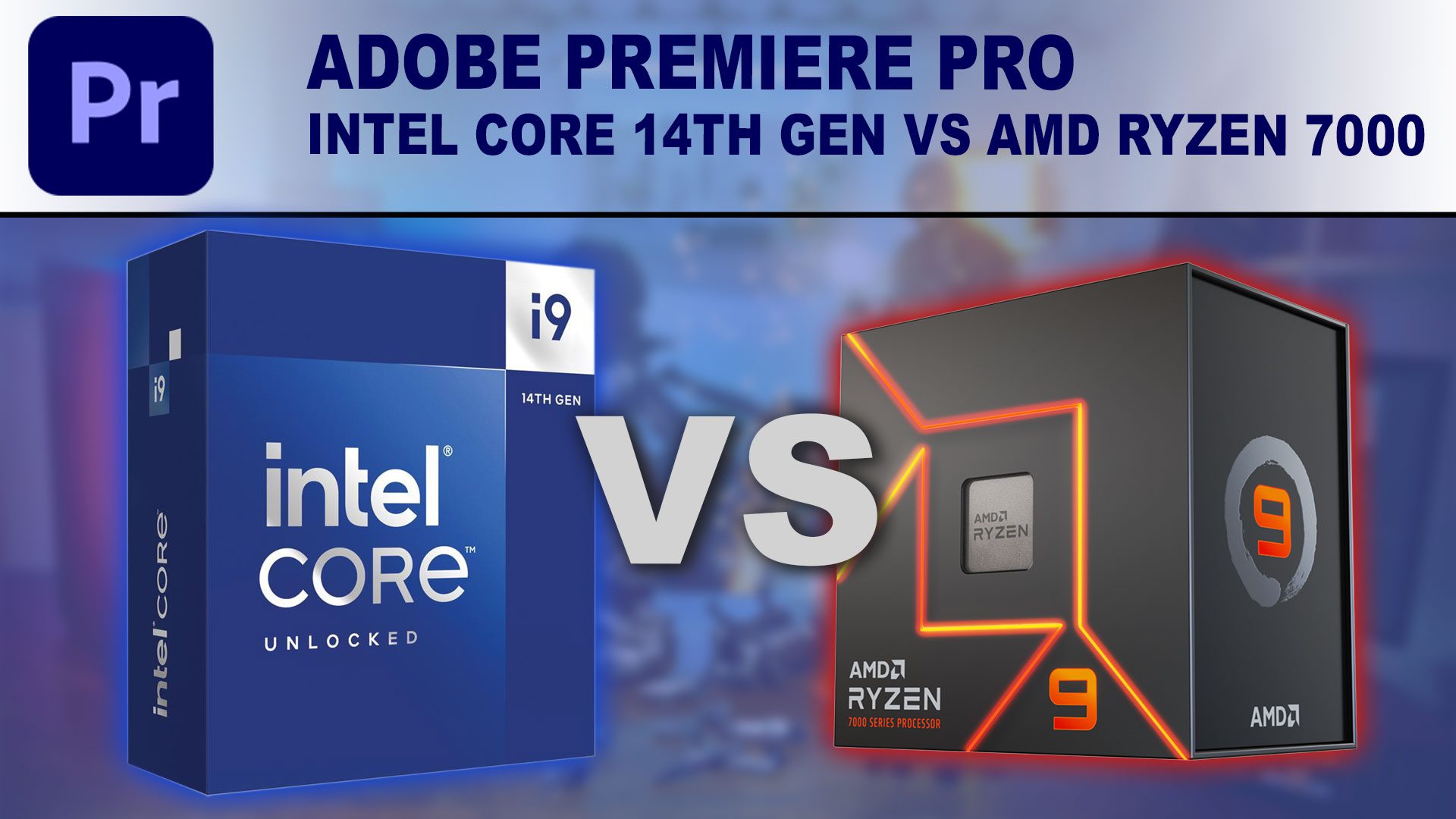I've been on my 5820k since 2016 so feeling it's time for an upgrade! I don't game but I am going to need a faster setup for content creation (mainly Premiere Pro). A 14700K would be a huge increase in speed but I'm put off by the following:
- complaints about heat and power consumption
- only incremental improvements over previous generations
- limited number of boards with Gen 5 M.2 support
My question is, would I better of waiting a few months? I could wait up to 6 months ok. Thanks!
EDIT: I have a Noctua DH-15 cooler already so will use that with a new adapter plate.
- complaints about heat and power consumption
- only incremental improvements over previous generations
- limited number of boards with Gen 5 M.2 support
My question is, would I better of waiting a few months? I could wait up to 6 months ok. Thanks!
EDIT: I have a Noctua DH-15 cooler already so will use that with a new adapter plate.
Last edited:







